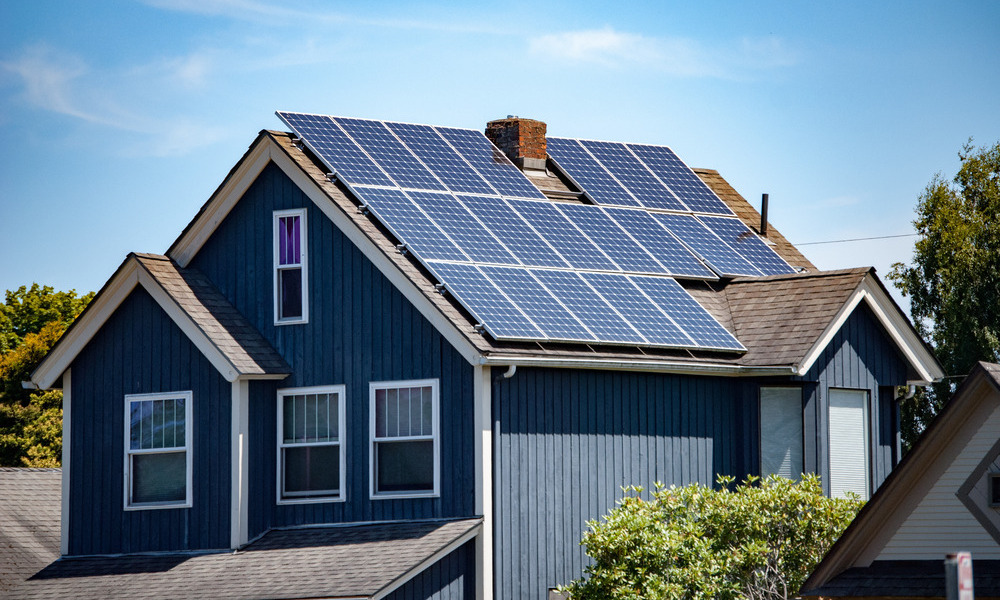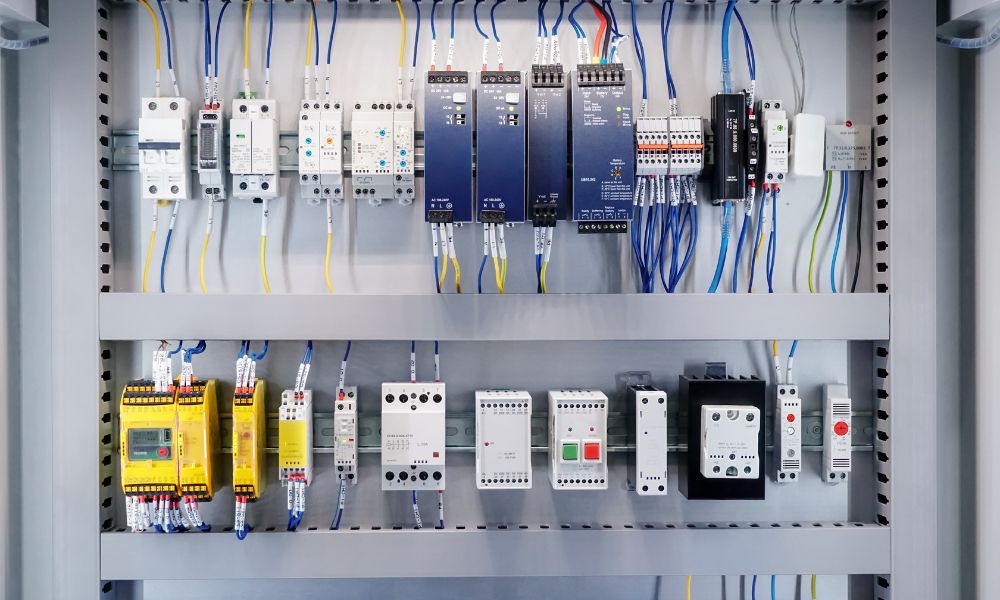What Homeowners Should Know Before Investing in Solar

As homeowners increasingly seek sustainable alternatives to traditional energy sources, solar power emerges as a compelling investment that not only enhances energy independence but also contributes to environmental stewardship. The appeal of solar energy lies in its potential to significantly reduce monthly utility bills while increasing property value. With government incentives and advancements in technology making solar panels more accessible than ever, understanding the key factors involved in adopting this renewable energy source is essential for any homeowner contemplating this transition. Read on and discover everything homeowners should know before investing in solar power solutions.
What Exactly Is Solar Power?
Solar power refers to the energy harnessed from the sun. This process typically involves the use of photovoltaic (PV) cells composed of semiconductor materials that generate direct current (DC) electricity when exposed to sunlight. This electricity can then be used to power home appliances, charge batteries, or be fed back into the grid, resulting in potential credits on electricity bills. Adopting solar power also reduces reliance on fossil fuels, therefore playing a pivotal role in decreasing greenhouse gas emissions and contributing to a more sustainable future.
Financial Considerations
Homeowners should start by evaluating the initial costs of solar panel installation, which can vary based on system size, equipment quality, and installation complexity. They should also factor in the long-term savings on electricity bills, as many homeowners find that their solar systems pay for themselves over time. Additionally, various financing options are available, such as solar loans and leases, which can make the transition more affordable. Government incentives, including tax credits and rebates, further enhance the financial attractiveness of solar energy by helping to offset upfront costs. Conducting a thorough cost-benefit analysis can provide clarity on the potential return on investment, making the transition to solar power both an economically and environmentally sound decision.
Understanding the Installation Process
The installation process for solar power systems typically begins with a consultation to assess the home’s energy needs and roof suitability. During this phase, a solar provider will evaluate the property’s energy consumption, discuss different system options, and determine the appropriate size and type of solar panel installation. Following this, necessary permits are obtained to comply with local regulations and utility requirements. Once approved, the installation team will install the solar panels, inverter, and any additional equipment, ensuring optimal placement for maximum sunlight capture. This period is perfect for asking technical questions regarding your new equipment, such as how a transfer switch works or potential maintenance requirements.
By learning the things that homeowners should know before investing in solar energy solutions, you can confidently make the switch to sustainable and cost-effective energy sources. With advancements in technology and continued government support, there has never been a better time for homeowners to embrace solar power as a viable and advantageous solution for their homes.





